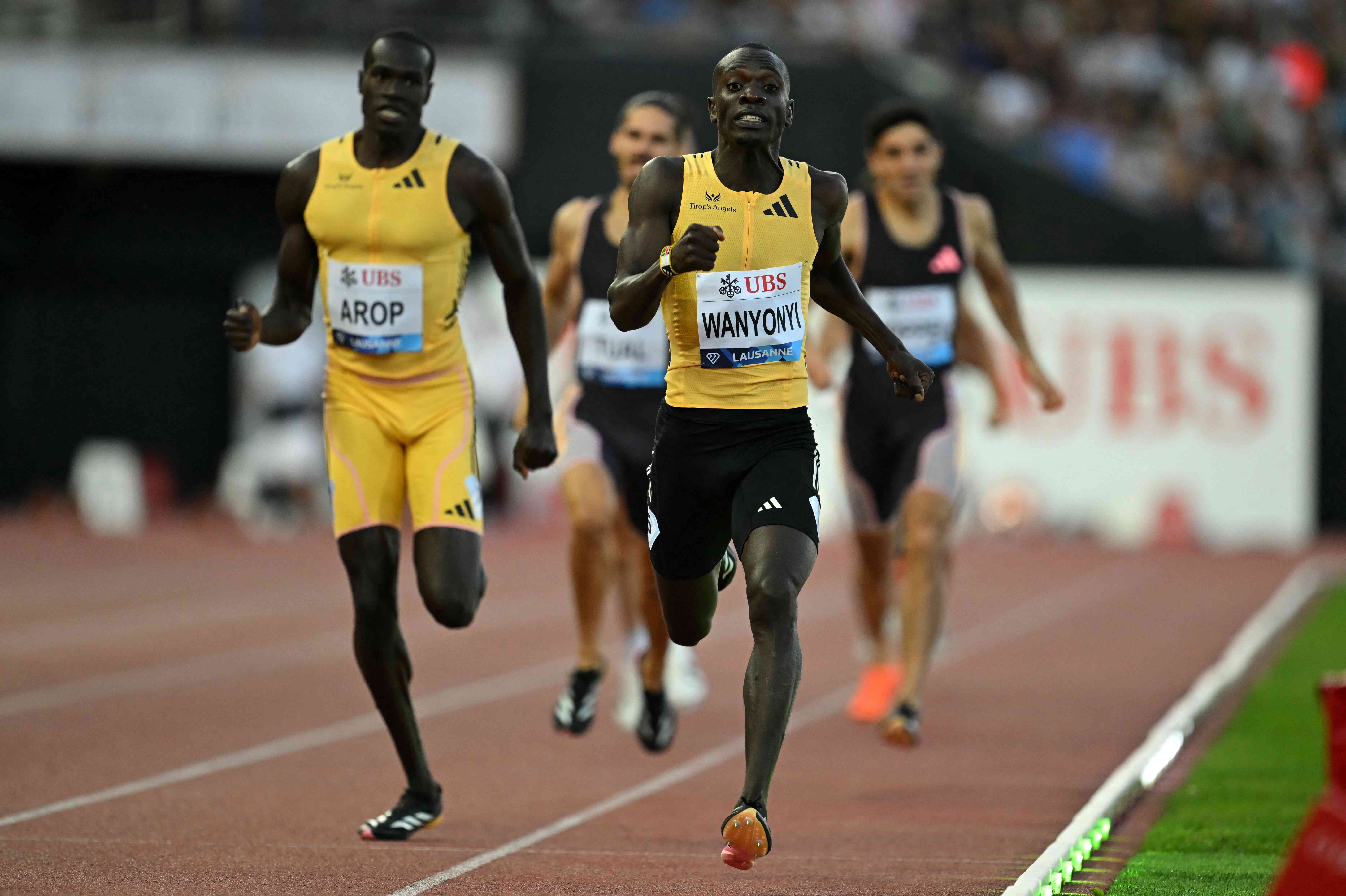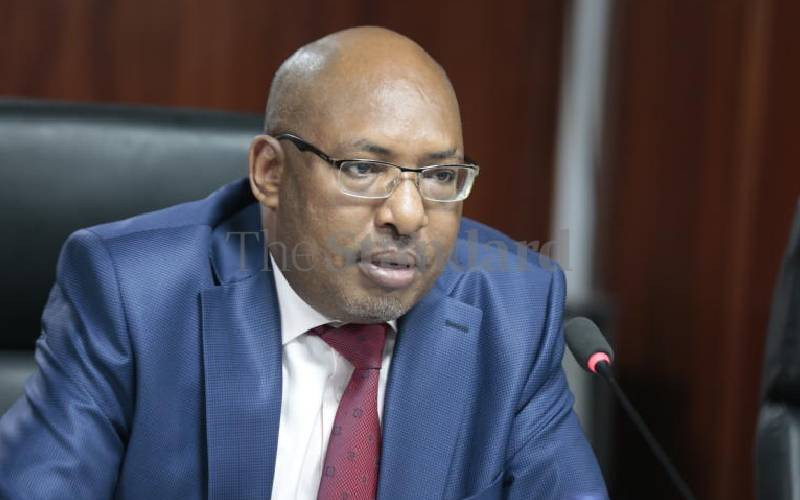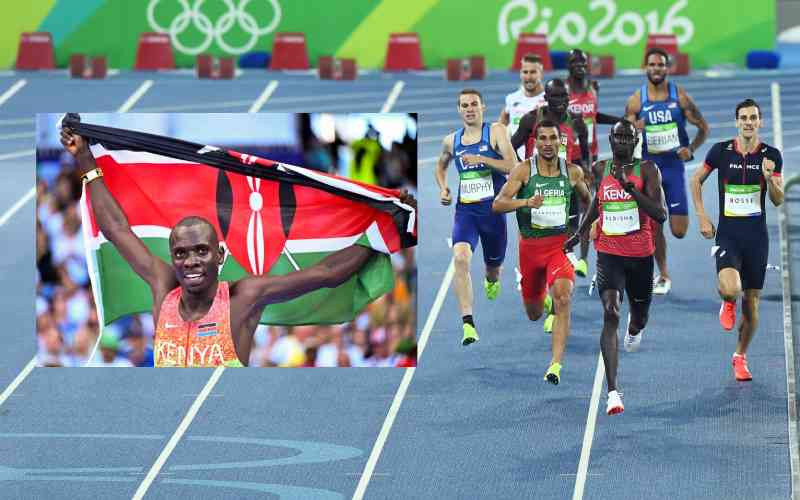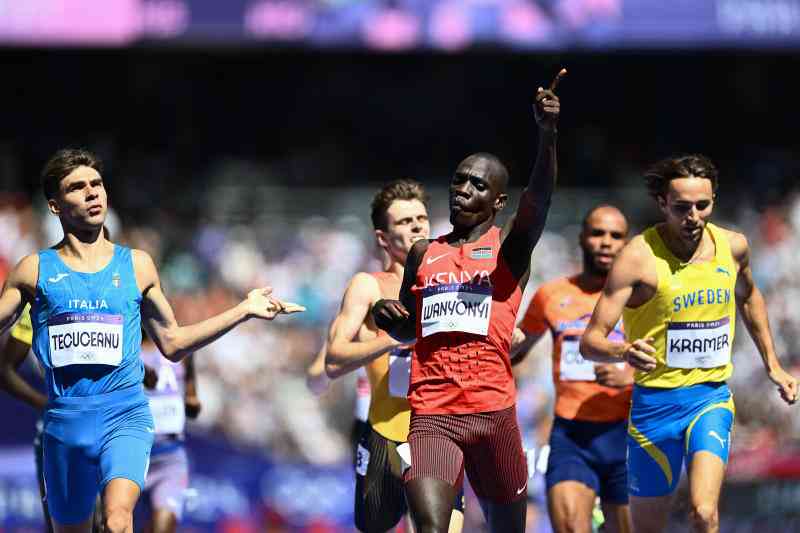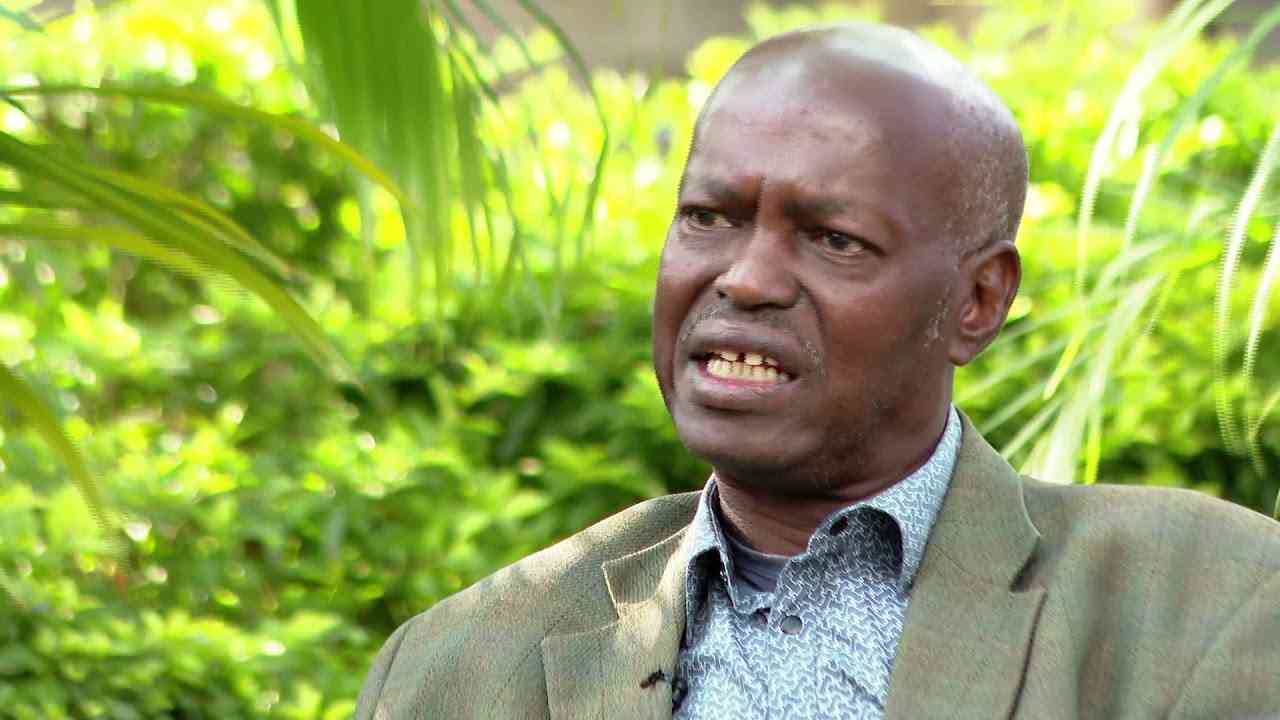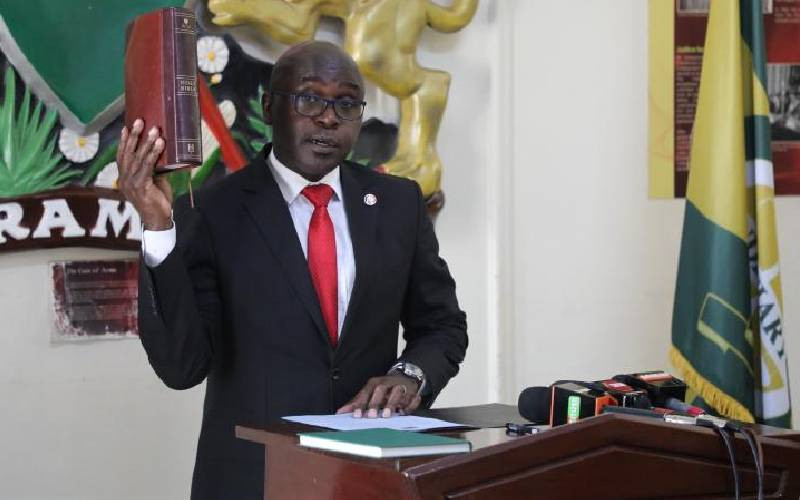By Kenfrey Kiberenge
I pen this article with a lump on my throat. It is about the misfortunes of our athletes; those who over the years have put Kenya on the world map.
In the run up to the just concluded Olympics, the BBC ran a piece on their website headlined: David Rudisha the ‘best athlete you’ve never heard of’. Below the story, they wrote: “Available to UK users only”, meaning it might not have been seen in Kenya.
Rudisha is the 2010 IAAF male athlete of the year. He is now the Olympic men’s 800m record holder besides the world record title he earned two years ago when he set a new record and broke it in a span of one week and also broke at the Olympics. The headline might appear harsh but it is the bitter truth.
Newspapers although aware of Rudisha’s talent, had to find a British connection in headlining their stories.
The connection came easily in an Irish-born missionary-turned coach Brother Colm O’Connell, who was touted as the man who turned Rudisha’s fortunes. Games organisers and top athletes too knew Rudisha and his electrifying performance.
At one point, as he was being awarded his gold medal after breaking the record at the Olympics, Usain Bolt was being interviewed by the BBC.
But when the Kenyan national anthem started playing Bolt immediately turned his back on the interviewer who unsuccessfully tapped him to continue the interview. The Jamaican sprinter applauded Rudisha at the end and continued with the interview.
He was also among the few lucky non-British medalists to make it into the BBC studios for an interview.
Lord Coe, the chairman of the London 2012 organising committee later described Rudisha’s run as his best moment of the Olympics.
But that is the far as good news goes. Not many people know Rudisha outside Kenya. The higher the number of the people that know you the more attractive you become for lucrative endorsement.
South African double amputee men’s 400m runner Oscar Pistorius’s images are all over the newspaper pages and billboards for the endorsements he got.
Bolt too has new endorsements as a result of the London 2012, same as Britain’s Jessica Ennis who won the women Heptathlon, according to multiple UK newspaper reports.
An assessment of the possible windfall for the Olympians in one of the papers concludes that Rudisha – despite being among the top five – does not feature tops when it comes to attracting large endorsements.
The paper quotes Oliver Hunt, a partner at the sports law firm Onside Law, which represents Britain’s Rebecca Adlington, who won double gold in Beijing, saying: “It is difficult to think how marketable [Rudisha] will be. Is he really well-known enough in the big markets, and what type of endorsements would come his way? Although he was amazing, when all the fuss dies down you wonder if he can [earn millions].”
Stay informed. Subscribe to our newsletter
How could it be easy when Rudisha had just over 4,000 Twitter followers before he won the race? Today, he has increased the followers to more than 15,000 but I know ordinary Kenyans with more fans on the social media than the world beater.
Most prefer following people who post vitriolic tweets and fringe stuff. To be fair to Kenyans on Twitter, Rudisha rarely tweets and his handle @RudishaDavid is a bit off-putting.
I know Rudisha has a deal with Adidas but his contemporary Bolt has a deal with Puma, a number of deodorant companies and Virgin Media, and others that earn him in excess of Sh1.6 billion every year.
I am disappointed that Rudisha’s handlers have not packaged him as a world-class product capable of attracting the best endorsements in the world. He is presented as just any ordinary athlete who won a gold medal by fluke.
Vivian Cheruiyot could have taken advantage of the glory she basked in when she was the double world 5,000m and 10,000m champion. Many others are also not operating optimally in terms of income.
 The Standard Group Plc is a
multi-media organization with investments in media platforms spanning newspaper
print operations, television, radio broadcasting, digital and online services. The
Standard Group is recognized as a leading multi-media house in Kenya with a key
influence in matters of national and international interest.
The Standard Group Plc is a
multi-media organization with investments in media platforms spanning newspaper
print operations, television, radio broadcasting, digital and online services. The
Standard Group is recognized as a leading multi-media house in Kenya with a key
influence in matters of national and international interest.
 The Standard Group Plc is a
multi-media organization with investments in media platforms spanning newspaper
print operations, television, radio broadcasting, digital and online services. The
Standard Group is recognized as a leading multi-media house in Kenya with a key
influence in matters of national and international interest.
The Standard Group Plc is a
multi-media organization with investments in media platforms spanning newspaper
print operations, television, radio broadcasting, digital and online services. The
Standard Group is recognized as a leading multi-media house in Kenya with a key
influence in matters of national and international interest.

